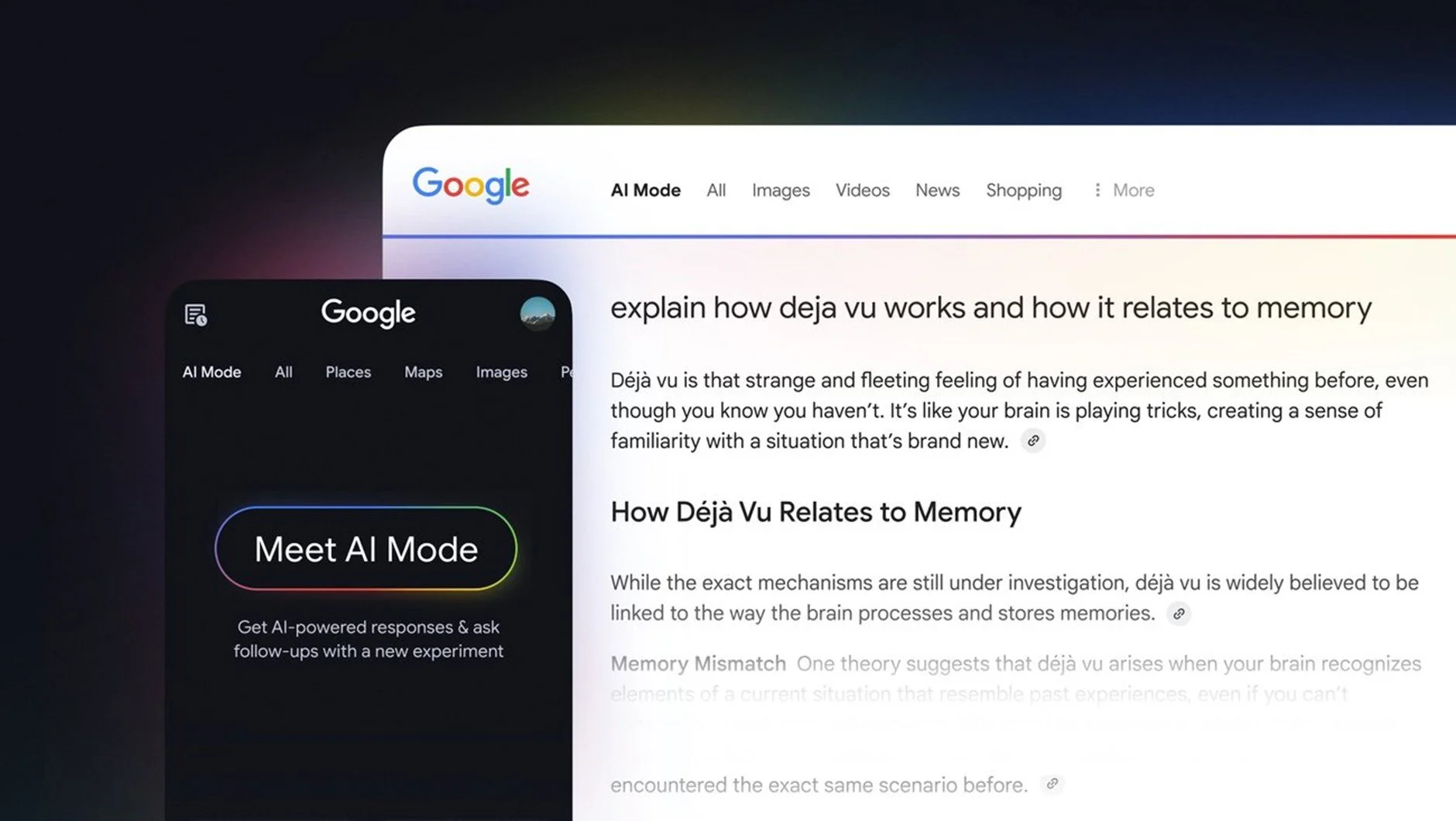‘The Long and the Short of It’ celebrates its 10th anniversary
It’s been 10 years since Les Binet and Peter Field wrote The Long and the Short of It, but are its lessons still relevant?
It’s been 10 years since Les Binet and Peter Field (aka the godfathers of effectiveness) published their book ‘The Long and the Short of It’. For those who aren’t yet familiar with their influential work, here’s a quick summary:
It recommended the use of both short- and long-term strategies when it comes to advertising investment. Firstly, through short-term performance advertising, delivering immediacy that is focused on efficient, immediate return. Then secondly through long-term brand building, which conditions consumers through repeated exposure long before they come to buy.
Long-term (3+ years) investment in advertising delivers double the profit of a short-term approach (<1 year) but investing in both delivers even higher returns.
The more you move away from rational messages to ones of pure emotion, the more effective advertising becomes. Emotional = double the profit.
But is this still pertinent today, 10 years later? The short answer is yes, absolutely. Here’s five reasons why:
1. It's been updated (twice)
Binet and Field’s follow-up book ‘Media in Focus’ showed us how these ideas play out in the world of digital media. Then in ‘Effectiveness in Context’ they showed us how the rules need to be adapted for different categories, different price points, different points in the product life cycle and so on, as well as how B2B marketing differs from B2C.
2. Other research continues to mention and validate their findings
Econometric analysis increasingly confirms the existence of short- and long-term effects, and the importance of balancing them. As does further research, such as Meta's recent analysis of 3,500 ad campaigns, that found a 60:40 ratio between long- and short-term effects.
3. It’s a reminder that people change, but fundamentals don't
A strong brand is essential for any business that wants to succeed in today's competitive marketplace. ‘The Long and the Short of It’ is therefore more than just relevant - it is a mantra to be repeated over and over, until thoughts of short-termism subside.
4. It gave us a benchmark to work from
It told us that if advertising is to be fully effective, it must contribute directly and indirectly. Even if the numbers change, the principle doesn't. Though we may choose to ignore or contradict the advice, we do so knowingly and willingly rather than hit and hope.
5. It helps answer so many questions, including:
How do we defend against increasing price sensitivity in the current cost of living crisis?
Do we really need to be bothering with all that 'brand stuff' when every day is a street-fight for share? Surely right now we need to go big on price promotion?
All the talk around 'fame' and 'creativity' sounds a bit woolly and self-indulgent, especially in front of the Board. Wouldn't the smarter thing be to plough as much investment as possible into more responsive and seemingly measurable channels?
If the answer to the last two is yes, then the lessons Binet and Field laid out a decade ago are as valid today as they've ever been.
All in all, ‘The Long and the Short of It’ remains foundational reading for anyone working in marketing. It lays out principles that still hold - that we need to build brands and drive sales, that doing both in one piece of comms generally backfires and that there are different rules when it comes to rational and emotional messages.
Being obsessed with the future is fine, as long as you remember to be obsessed with learning from the past too. If anyone doubts the relevance of this book, simply tell them that sometimes we need to look back to look forward.
Want to implement these valuable takeaways in your own marketing strategy? Get in touch today to find out how our Strategy team can help your business with both long- and short-term planning.
Jasman Ahmad
Jasman is our Strategy Director and responsible for combining creative thinking with factual and statistical data to plan and solve clients’ biggest challenges.












